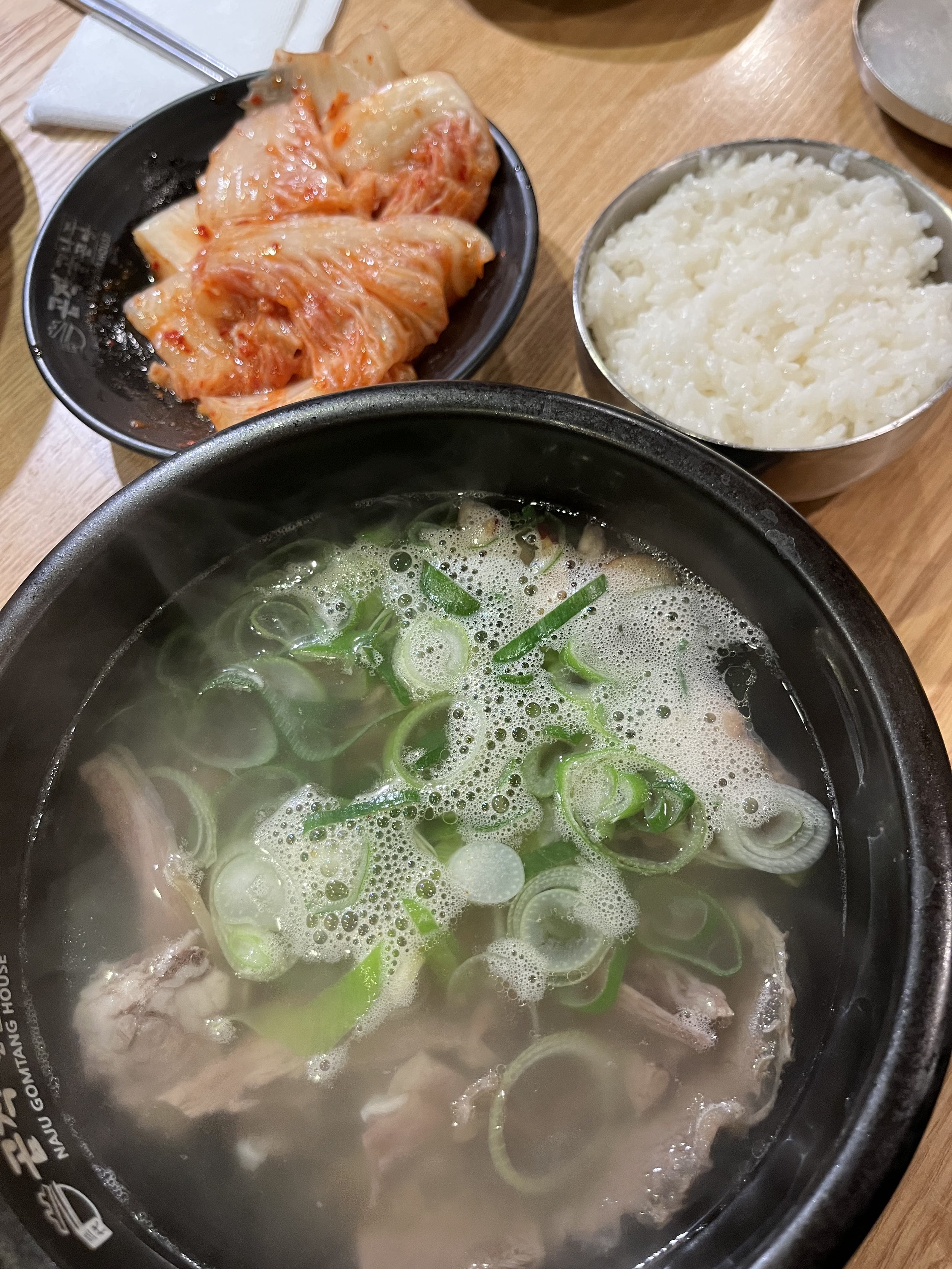Korean Soups You’ll Want to Make Again and Again
Updated June 2025
Korea is a soup nation, not just because the flavors are bold and comforting, but because soup is part of the rhythm of daily life. Steaming bowls show up at breakfast, comfort you through winter, cool you in summer, and accompany everything from celebrations to sick days.
As someone who’s always been drawn to soups, I felt an instant connection. There’s something deeply grounding in these recipes rooted in culture, shaped by seasons, and, at times, born from resourcefulness. After war, famine, and hardship, Koreans didn’t just rebuild. They cooked. Soups stretched ingredients, softened hardship, and held space for community.
This guide brings together some of the most beloved Korean soups and stews, both humble and festive. Whether you’re new to Korean cooking or deepening your connection to it, these are the bowls worth knowing.
Pantry Essentials for Korean Soup-Making
Stocking just a few of these makes weeknight soup totally doable:
Doenjang (fermented soybean paste) – savory, earthy base for jjigae
Gochugaru (Korean red pepper flakes) – adds warmth, not just heat
Gochujang (fermented chili paste) – spicy-sweet depth
Korean soy sauce – lighter and saltier than Japanese versions
Toasted sesame oil – for finishing soups with nutty aroma
Anchovy + kelp stock packets – shortcut to traditional broth
Jjigae (찌개) – Korean Stews
Kimchi Jjigae
Spicy and rich, this stew makes magic from aged kimchi and pork belly. A weekday staple that tastes even better the next day.
Sundubu Jjigae
Silken tofu bubbling in chili broth made in a ttukbaegi and finished with a cracked egg on top. Comfort in a bowl.
Doenjang Jjigae
Hearty, deeply savory stew with tofu, potatoes, zucchini, and mushrooms. Built on fermented soybean paste.
Budae Jjigae (Army Stew)
Spam, hot dogs, baked beans, ramen, kimchi all simmering in gochujang broth. Born post-Korean War using surplus U.S. army rations.
More on budae jjigae’s post-war origins
Guk & Tang (국/탕) – Brothy Soups
Kongnamul Guk
Light, clean bean sprout soup with a hint of sesame oil. Perfect on sick days or as a gentle breakfast.
Miyeokguk
Seaweed soup traditionally served on birthdays and postpartum recovery. Savory and mineral-rich.
Galbitang
Clear soup with beef short ribs, daikon, and glass noodles. Elegant and surprisingly simple.
Yukgaejang
Spicy beef soup with shredded brisket, gosari (bracken fern), and green onions. Bold and energizing.
Cold Noodles & Summer Bowls
Naengmyeon
Chewy buckwheat noodles in icy beef broth, topped with pear, cucumber, and egg. Korea’s most refreshing summer dish.
Kongguksu
Vegan-friendly soy milk noodle soup. Nutty, creamy, and surprisingly filling.
Final Thoughts
These soups aren’t trends, they’re tradition. Some stretch ingredients during lean seasons, others bring family together during birthdays and holidays. They’re comfort food, but also cultural memory. If you’re ready to cook more, sip slower, and explore deeper:
More Korean Dishes to Try:
• Triangle Gimbap — A perfect companion to soup, wrapped and ready.
• Korean Egg Tart — Silky, slightly sweet, and just right after something spicy.
• Tteokbokki — A chewy, fiery classic that brings heat and comfort in every bite.

